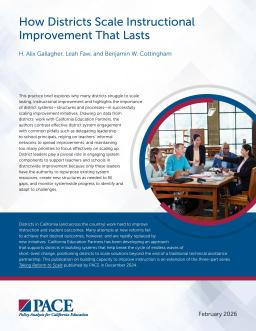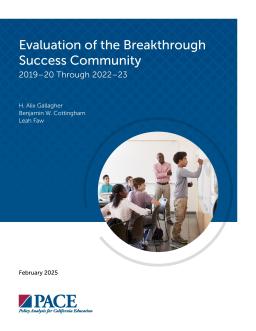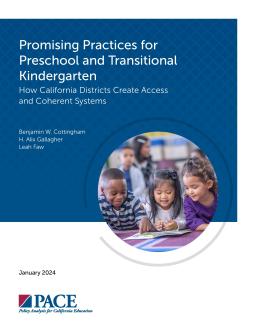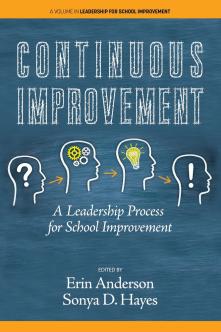Leah Faw
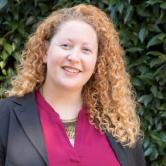
Leah Faw is a qualitative researcher at Policy Analysis for California Education (PACE) who works with PACE Research Practice Partnerships. Her scholarship explores issues of educational policy at the intersections of schools and cities, families, labor, and culture. Her dissertation explored homeschooling through the lens of mothers’ labor and role as educators; she has published on district hopping, feminist educational history, and the representation of schooling in popular culture. She is also co-chief emerita of the Berkeley Review of Education and worked as a researcher on the Central Valley School Discipline Learning Project. Faw received both her MA and PhD in education, with a focus in policy, organizations, measurement, and analysis (POME), from the University of California, Berkeley.
updated 2025




